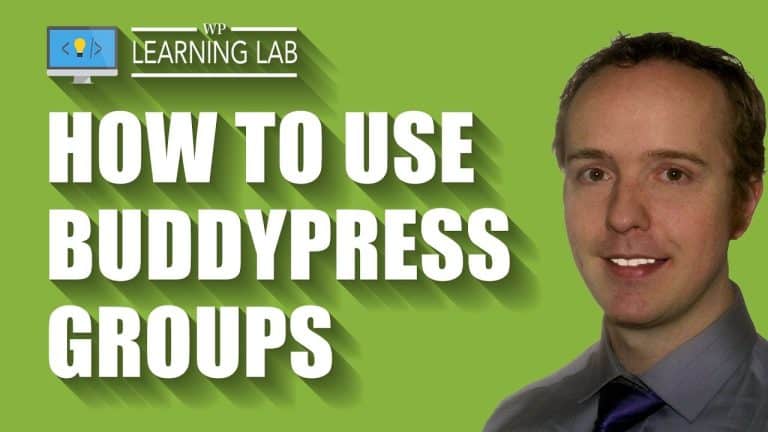A Beginner’s Guide on How to Keep a WordPress Page Private and Prevent it from Appearing on Google Search
Congratulations, you have decided to create a WordPress page! Now, what if you want to keep it private? Whether you’re launching a work-in-progress or personal project, it’s essential to ensure your page is not visible to the public and doesn’t appear on Google search. In this beginner’s guide, we’ll show you exactly how to keep your WordPress page secure and private. With simple steps, you can protect your content and avoid any unwanted visitors from accessing your page. Let’s get started!
Are you new to WordPress and struggling to figure out how to keep your page private? Are you worried that sensitive information might end up being accessible to the public? You’re not alone. Many beginners find it challenging to understand how to keep their WordPress pages private while preventing them from appearing on Google search. In this beginner’s guide, we’ll walk you through the process of keeping a WordPress page private and preventing it from appearing on Google search in three different ways.
Introduction:
Keeping sensitive information private on your WordPress page is crucial, especially if it contains personal details, financial data, or other important information. While WordPress offers many options to keep your content private, we’ll focus on three major methods that do not require a membership plugin.
Method One: Using WordPress Built-in Settings
WordPress offers built-in settings that allow you to keep your web pages hidden from public view. Here’s how you can do it:
Step 1: Go to your WordPress dashboard and click ‘Pages,’ then hover over the page you want to keep private.
Step 2: Click ‘Quick Edit,’ and check the box for ‘Private’ under ‘Visibility.’
Step 3: Click ‘Update’ to save your changes.
Method Two: Using a Password Protect Plugin
If you want to keep sensitive information secure, you can add an extra layer of protection by using a password protection plugin. Here’s how:
Step 1: Install and activate the ‘Password Protected’ plugin from the WordPress plugin directory.
Step 2: Go to the page you want to password protect and click ‘Edit.’
Step 3: Scroll down to the ‘Password Protected’ section and enter the password you want to use.
Step 4: Click ‘Update’ to save your changes.
Method Three: Using the No-Index meta tag
If you want to keep your page entirely hidden from search engine results, you can use the no-index meta tag. Here’s how:
Step 1: Install and activate the ‘Yoast SEO’ plugin from the WordPress plugin directory.
Step 2: Go to the page you want to keep hidden and click ‘Edit.’
Step 3: Scroll down to the ‘Yoast SEO’ section and click the ‘Advanced’ tab.
Step 4: In the ‘Meta Robots Index’ dropdown menu, select ‘Noindex.’
Step 5: Click ‘Update’ to save your changes.
Conclusion:
Preventing sensitive information from appearing on Google search is crucial for businesses and individuals who want to keep their data secure. We’ve shown you three methods to keep your WordPress pages private without using a membership plugin. By using these methods, you can easily keep your pages private and prevent them from appearing on Google search.
FAQs:
- Can I hide a WordPress page from Google without using a plugin?
Yes, you can use the WordPress built-in settings and the no-index meta tag. - Will search engines always honor my no-index tag?
While search engines try their best to comply with your no-index tag, it’s not always guaranteed. - Do I need to pay for a membership plugin to keep my WordPress page private?
No, you can use the built-in WordPress settings or password protection plugin to keep your pages private. - How can I learn more about WordPress and online marketing?
You can attend the free WP and online marketing summit for beginners on June 18, 2019, or join the private Facebook group for more information. - Where can I find more tutorials on WordPress and Elementor Pro?
You can check out the WP Learning Lab channel or sign up for the waiting list for the Unofficial Ultimate Guide To Elementor course with no obligation.







